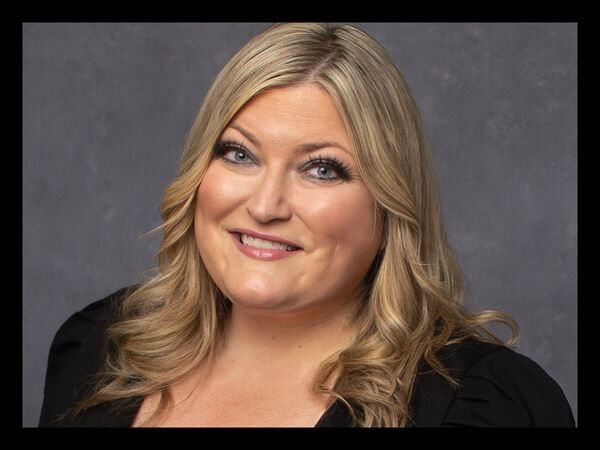Trump adversary Michelle Wu and son of Patriots owner Kraft compete to advance in Boston mayor race
News > National News

Audio By Carbonatix
8:50 PM on Monday, September 8
By MICHAEL CASEY and LEAH WILLINGHAM
BOSTON (AP) — Boston Mayor Michelle Wu, the city's first Asian and female leader, could take a critical step in her bid to win a second term when voters on Tuesday narrow the field to the top two candidates.
She is running against nonprofit leader Josh Kraft, son of Patriots owner Robert Kraft, Robert Cappucci and Domingos DaRosa. Cappucci is a military veteran and former district school committee member while DaRosa is a community activist.
Kraft has spent millions of his own money on his campaign and is seen as her biggest rival come November, but Wu has the benefits of incumbency — a Boston mayor hasn't lost a bid for reelection since the 1940s.
Wu has been bolstered in part by her defense of the city against attacks from the Trump administration. Both are Democrats, and the party has occupied City Hall for the past century, though the position is nonpartisan.
Members of President Donald Trump's administration have accused the city of not doing enough to crack down on illegal immigration and threatened a surge in arrests. Boston is commonly known as a sanctuary city, which limits cooperation with Immigration and Customs Enforcement, and Wu has repeatedly said she wants it to be a welcoming place for immigrants.
Just last week, Trump’s U.S. Department of Justice filed a lawsuit against Wu, the city of Boston and its police department over its sanctuary city policies, claiming they're interfering with immigration enforcement. In response, Wu accused Trump of “attacking cities to hide his administration’s failures.”
“Boston will never back down from being a beacon of freedom and a home for everyone,” she said.
Wu, who often works with her infant daughter at her side, has also benefited from widespread support on the City Council and a string of endorsements from Democratic leaders. She also has used the pulpit of her position to highlight her successes around housing, combating climate change and reducing crime, rolling out a series of initiatives all summer.
Kraft, meanwhile, has struggled to insert his voice into the debate, often joining Wu in criticizing the attacks from the Trump administration. During a campaign event with union iron workers last month, Kraft said Trump “has actively attacked democratic institutions and stoked hatred and division throughout our country.”
“He’s made life harder for the very people my parents, especially my mom, raised me to fight for,” he said.
Kraft, who heads the Kraft Family Philanthropies and the New England Patriots Foundation, has also been unable to find a strong message that resonates with voters. He has targeted everything from bike paths to the cost of living in the city to his concerns about homelessness and drug addiction in one section of the city known as Mass and Cass.
Last week, Kraft and two top campaign advisers “mutually parted ways,” according to a statement from his campaign.
As of the end of August, Kraft had outspent Wu, $5.5 million to about $1.1 million, thanks in large part to more than $5 million in loans from the candidate to his campaign. Wu entered the final days of the campaign with much more cash in the bank, $2.4 million to about $1.3 million for Kraft.
Jeffrey Berry, a Boston political analyst and professor emeritus at Tufts University, said money is good for creating name recognition, but it’s not enough on its own to win an election. He said Wu has become a “symbol of democratic resistance to the president,” and that will be hard for Kraft to overcome in a city like Boston.
Kraft has switched between attacking Wu and portraying himself as someone who wants to bring positive change to the city.
In an interview with The Associated Press, Kraft said his conversations with voters indicate to him that Wu doesn’t have as strong a grip on the mayor’s seat as some might think.
“Everywhere we go, myself, our team, throughout the neighborhoods of this city — regardless of race, socioeconomics, ethnicity, language — we hear the same thing: People don’t feel listened to, people don’t feel connected to the mayor and the mayoral administration,” he said. “Some of the polls have a big margin, but let me tell you something: Polls don’t decide elections. People decide elections.”












